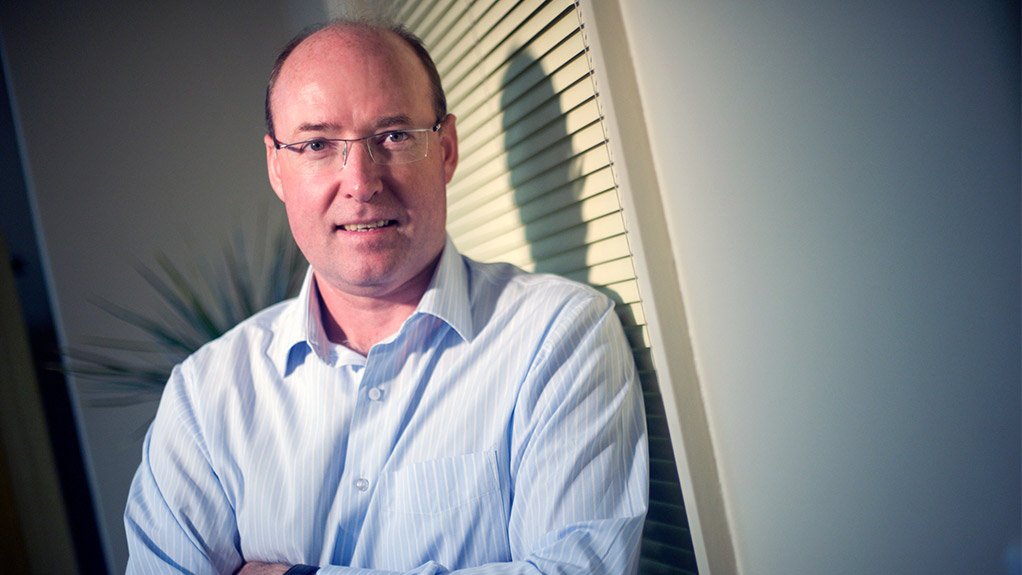
LOUIS MEIRING The need for a local manufacturing base was prompted by the group’s ambition to be a serious player in the South African transformer industry
Photo by: Zest WEG Group
Local manufacturer of large electrical equipment and supplier of motors, drives and switchgear Zest WEG Group Africa has announced exclusively to Engineering News that it has recently restructured its business to include the renewable-energy industry.
This move is strategically aligned with the news of government’s recent signing of power purchase agreements with renewable energy producers, says Zest WEG Group CEO Louis Meiring.
Zest WEG Group’s South American parent company, WEG, is already a prominent supplier in the renewables industry, with a large installed base and history in solar and wind, he explains. “The renewable-energy industry is not new for WEG, so it makes strategic sense for the South African division to relatively easily move into this industry locally.”
WEG’s acquiring of Brazilian steam turbine and transmission manufacturer TGM – which provides solutions and equipment for power generation drivers focusing on thermal and wind energy – last year, adds impetus to the local manufacturer’s decision.
Zest WEG Group’s current manufacturing facilities, located in Gauteng and the Western Cape, place the company in an advantageous position because the factories already manufacture transformers, substations and motor control centres, which are necessary for renewable-energy generation.
The group continuously monitors the South African economy and the manufacturing industry, responding to electricity generation requirements locally and on the continent, Meiring notes, adding that “power and electricity are always in demand, and the future development in terms of that infrastructure is critical”.
He warns, however, that Africa cannot become a world player if it does not have electricity, making the continent ripe for opportunities. “Unfortunately, the risk of insufficient electricity generation remains in South Africa’s future, making the renewables industry an exciting, yet challenging prospect.”
He notes that, while the investment for Zest WEG Group will have positive economic spin-off, it is primarily an investment in skills for the country. “Our first step is to enter the market through our integrated solutions division. We plan to expatriate some highly skilled people from Brazil to get the ball rolling. This opens the door for skills transfer and the development of our people, uplifting our local expertise.”
Several factors prompted Zest WEG Group’s decision to enter the manufacturing industry several years ago, one of which included the prohibitive shipping and import duty costs when importing products from Brazil.
“Zest WEG Group has always wanted to be a serious player in the South African industry and to develop the business into Africa. This prompted the need for a local manufacturing base. Government’s localisation requirements also played a prominent role in the decision to become a local manufacturer,” explains Meiring.
Being a well-established local manufacturer will provide several advantages for the group’s move into the renewables industry. “We already have several localisation components for wind and solar power production, which some competitors may not have. I’m very pleased that we are in that situation,” he remarks.
This new business direction will have immediate benefits for motor control centre manufacturer Shaw Controls and the company’s transformer manufacturer WEG Transformers Africa (WTA). These facilities focus on skills development and upliftment and use the latest technology when manufacturing e-houses or containerised power solutions and transformers respectively.
“WTA’s factory in Heidelberg, Gauteng, produces large transformers and mini substations and also offers repair services for these products, so we are well-positioned to move into a new market. Zest WEG Group is very strategically placed to take on not only the local South African industry but also Africa,” Meiring concludes.